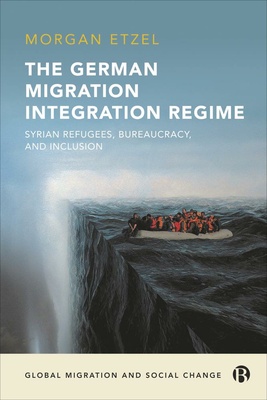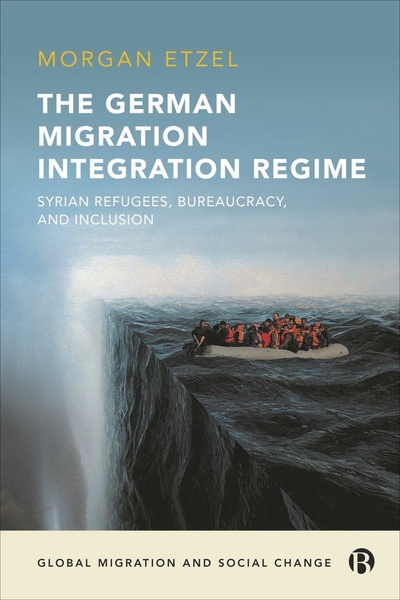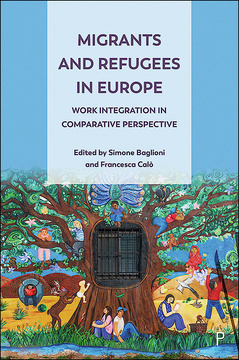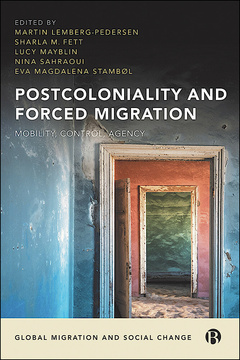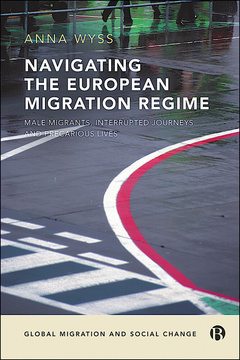ISBN
978-1529231236Dimensions
234 x 156 mmImprint
Bristol University PressISBN
978-1529231274Dimensions
234 x 156 mmImprint
Bristol University PressISBN
978-1529231274Dimensions
234 x 156 mmImprint
Bristol University PressSyrian refugees who gained asylum in Germany following the so-called refugee crisis in 2015 quickly entered into an ‘integration regime’ which produced a binary notion of ‘well integrated’ migrants versus refugees falling short of the narrow social and political definitions of a ‘good’ refugee.
Etzel’s rich ethnographic study shows how refugees navigated this conditional inclusion. While some asylum seekers gained international protection, others were left with limited agency to demand government accountability for the ever-moving target of integration.
Putting a spotlight on the inconsistencies and failings of a universal approach to integration, this is an important contribution to the wider field of migration and anthropology of the state.
"This book makes an important contribution in scholarship by illustrating how contradicting state ideals and standards and shifting bureaucratic expectations make the relationship between refugee populations and state actors more difficult, even thwarting processes of integration and social inclusion." Sahar Sadeghi, Muhlenberg College
“With a lucid narrative on the anthropology of the state from the gaze of refugees in Germany, Etzel eloquently demonstrates the everyday life of Syrians.” Ayhan Kaya, Istanbul Bilgi University
Morgan Etzel is Program Officer for Anti-Racism at the Federal Agency for Civic Education in Germany.
Introduction
Part 1: Arrival, Processing, Status
1. The Path to Asylum
2. Asylum Decisions and What Followed Thereafter
Part 2: Integration
3. Young Refugee Men: Saarbrücken
4. Families: Osnabrück and Hameln
Part 3: Stagnation, Independence, Dependence
5. Institutionalized Integration: Munich and Kassel
6. Pathways Forward and Pathways Uncertain
Conclusion







